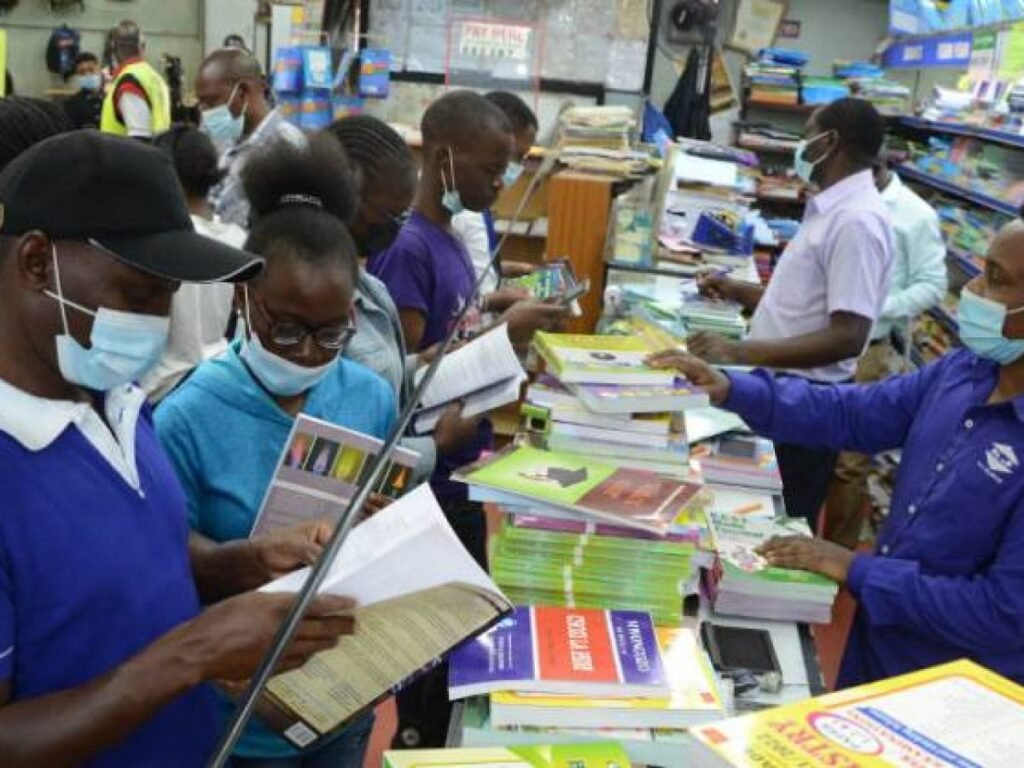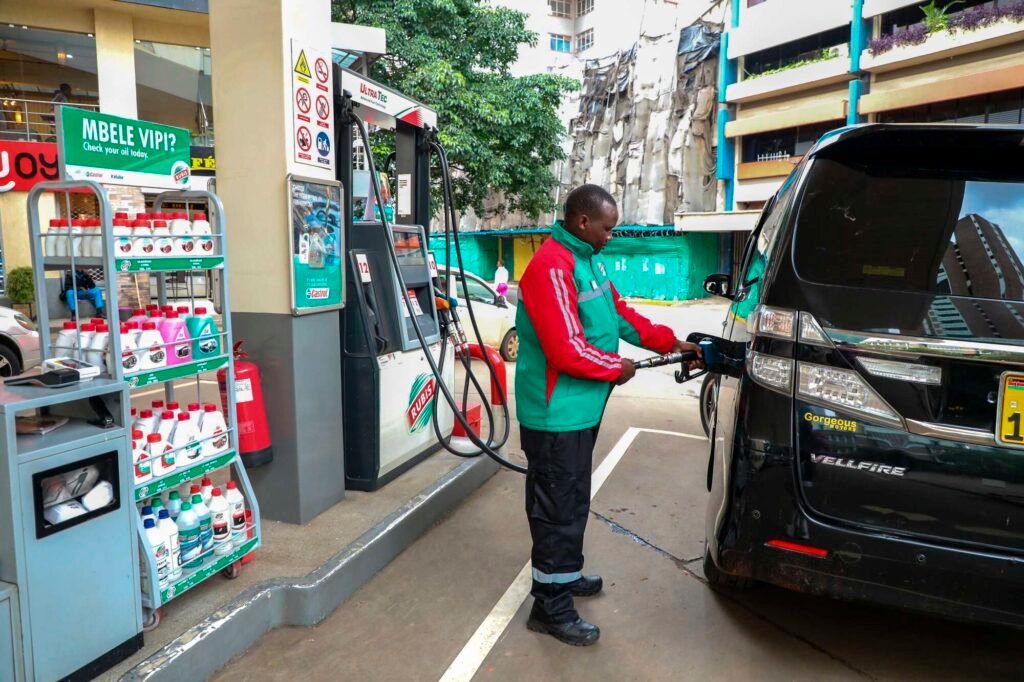General News
Anwar’s Classic 1978 Car Still Goes Strong

For 44 years, Azar Anwar’s BMW, number plate KRW 786 has been on the road. It is one of the oldest classic cars in the country.
It has been in the East African Mini Classic Rally besides comping kilometers in mileage. It is still going strong. Now, Anwar, one of the most decorated rally drivers in the country having won a number of top championships, wants his machine back on the race.
The BMW stands out as one of Azar’s motorsport creations but this time on the classical side of the motor sport.
“The BMW is my creation and so far I have not found another one like it in the world…”
According to him, the car is a 1978 model which was sold in Kenya while still brand new. After years of use, it was dumped for 15 years after which he re-modelled it to fit its current state.
The car is a budget build; meaning it has been made out of locally sourced materials as this was relatively cheaper.
With three years of research and work time, the champion rally driver has been able to make several changes to the machine to qualify it as a classic car; all these to fit the rules for categorising it as one according to rally rules.
“This is a classic car. The way you see it, it is must have been produced before 1985 December. This is inclusive of the engines and transmitters. Because it’s a unique car, I really struggled looking for the parts and also I had to create, design and engineer things to make it work. The reason I chose to build that car is because motorsport runs to rules. These are classic cars and classic rally favours cars with large engines,” noted Anwar.
Classic cars are allowed to make some modifications but still maintain the classic standards.
Anwar goes ahead to state that he chose to sacrifice the size and weight of the car for power thus installing a 3.5-liter fuel injection engine whose cutoff date is before 1985.
He has incorporated stronger rims, stronger rally tires, rally seats and the roll cage plus suspensions and safety equipment.
General News
IMF Criticizes Kenya’s Fuel Subsidy Re-Introduction, Warns of Budget Distortion

The International Monetary Fund (IMF) has criticized Kenya for re-implementing the fuel subsidy scheme, expressing concerns that the lack of funds to pay oil marketers could distort the budget.
Despite a previous commitment by President William Ruto in 2022 not to subsidize pump prices, the government reintroduced the subsidy, preventing petrol and diesel prices from reaching higher levels in October 2023.
The IMF argues that the subsidy was applied without available funds, as the Treasury has yet to pay oil marketers at least Ksh9 billion ($55.6 million) accumulated from the previous year. President Ruto’s decision to reinstate subsidies goes against conditions set by the IMF for accessing loans.
Petrol and diesel prices, which were Ksh217.36 ($1.34) and Ksh205.47 ($1.27) respectively in Nairobi in October 2023, remained lower than the potential Ksh220.43 ($1.36) and Ksh217.11 ($1.34) due to the subsidy. However, the IMF disapproves of the decision, emphasizing that the removal of the subsidy was a key condition for a 38-month budget support scheme.
The IMF criticizes the prolonged process of forming a taskforce and delays in implementing decisions regarding fuel pricing.
The removal of the subsidy in May of the previous year led to record-high pump prices, crossing the Ksh200-mark later in the year due to a combination of subsidy removal and a VAT increase to 16 percent.
Kenya’s administration, faced with rising fuel costs, chose to reinstate the subsidy, prompting the IMF to raise alarms over the lack of budgeted funds and potential distortions in the country’s financial plans.
The ongoing disagreement highlights the challenges and consequences associated with balancing domestic economic policies and meeting international financial commitments
General News
Parents in Meru County Turn to Second-Hand Books Amid Economic Hardships

As the back-to-school rush season unfolds in Meru County, a growing number of parents are making a strategic choice to purchase second-hand books for their children.
This decision stems from the challenging economic conditions that have prompted families to seek ways to cut costs.
Among these parents is Ms. Prisca Gakii, who revealed that opting for second-hand books allows her to save money, which can then be allocated towards essential expenses like school fees.
She highlighted a practical advantage for Form-One students, emphasizing that using older books can protect them from potential theft, as new books often become targets for less scrupulous classmates.

Ms. Gakii pointed out a notable price difference, citing an example of a new Oxford dictionary priced at almost Sh1,900, compared to a used one available for Sh1400.
She justified her preference for the older but more affordable option, emphasizing that they contain the same content.
Janet Wamuyu, a second-hand books trader, shed light on the lucrative nature of their business during the opening of the first term, which coincides with the peak season.
As learners transition to new grades or classes, there is a heightened demand for various books, including dictionaries, Kamusi, and Golden Bells.

Wamuyu explained that this period, especially when Form-One students are joining school, facilitates easy acquisition of books for new stock.
The trading process involves exchanging books for the next grade or class at a lower rate, providing an economical alternative for parents instead of purchasing an entirely new set of books.
She further noted that their source of new stock comes from parents whose children have completed their studies and no longer require the books.
Despite the success during the peak season, Wamuyu acknowledged the challenges faced during other times of the year when only a few revision books are in demand, highlighting the cyclical nature of the business in Meru County.
















